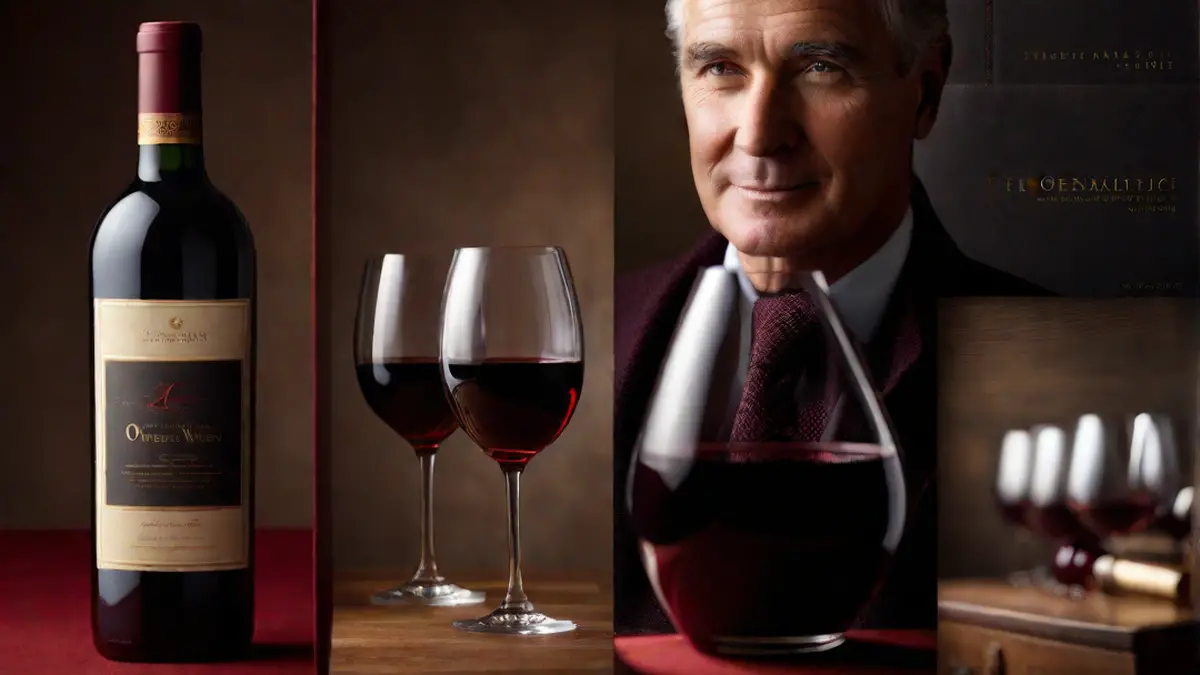As someone with a keen interest in wine, the question of whether wine stored in the refrigerator spoils has frequently crossed my mind. This worry is shared by numerous oenophiles, particularly when it comes to preserving unfinished wine. Hence, let’s explore the nuances and uncover the secrets behind wine kept in the fridge.
Understanding the Impact of Refrigeration on Wine
Refrigeration can significantly slow down the aging process of wine. When wine is exposed to higher temperatures, it ages more rapidly. By refrigerating wine, you are effectively putting it into a state of suspended animation, maintaining its quality for a longer period. However, it’s essential to note that not all wines benefit from refrigeration.
Which Wines Benefit from Refrigeration?
Typically, white wines, rosés, and sparkling wines benefit the most from refrigeration. These wines are best served chilled, and refrigeration helps to preserve their freshness and delicate flavors. Additionally, if you have opened a bottle of white wine or rosé and have some leftovers, refrigeration can help extend its shelf life.
On the other hand, red wines, especially those of higher quality and age-worthy reds, should not be refrigerated for extended periods. While chilling a red wine for a brief period can enhance its flavors, prolonged refrigeration can dull its aromas and flavors, adversely affecting the drinking experience.
Factors to Consider
Several factors come into play when considering the impact of refrigeration on wine. The temperature at which the wine is stored, the closure of the bottle (natural cork, synthetic cork, or screw cap), and the type of wine itself all contribute to the overall effect of refrigeration.
For instance, if a wine is stored at excessively low temperatures for an extended period, it may experience “cold shock,” which can negatively impact its flavor profile. Furthermore, the type of closure can affect the wine’s susceptibility to temperature fluctuations, with natural cork being more sensitive compared to synthetic cork or screw caps.
My Personal Recommendation
Based on my experience and research, I would recommend refrigerating white wines, rosés, and sparkling wines to maintain their freshness. However, when it comes to red wines, I advise against extended refrigeration. Instead, opt for a cool, dark storage area away from direct sunlight.
Conclusion
In conclusion, the effects of refrigeration on wine depend on various factors, and not all wines react the same way to cold temperatures. By understanding the characteristics of different wines and considering storage conditions, you can make informed decisions on whether to refrigerate a particular bottle. Ultimately, proper storage and serving temperatures play a vital role in enjoying wine at its best.




